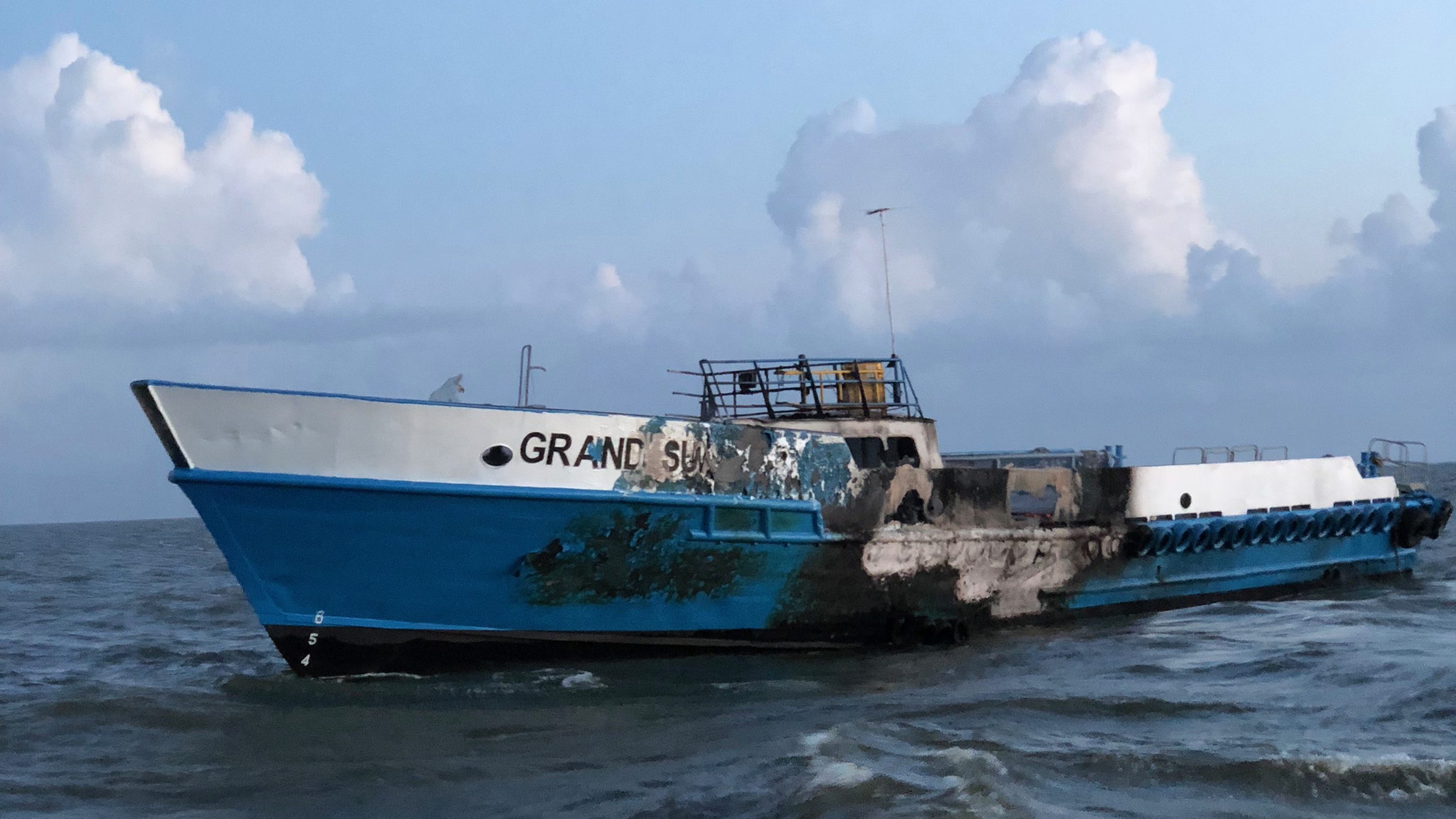Salvage Industry Showed Signs of Recovery in 2024
The International Salvage Union (ISU) has released its annual statistics for 2024, revealing a modest recovery in the salvage industry compared to past years with gross revenue for ISU members...

The U.S. National Transportation Safety Board released a report today highlighting the most important lessons learned from marine accident investigations completed during calendar year 2019.
The Safer Seas Digest 2019 details the lessons learned from 30 maritime accidents involving incidents of contact with fixed objects, breakaways, sinking, collisions, fires, explosions, flooding, groundings and other type of damage. It also covers tragedies such as the loss of 17 passengers and crew aboard the amphibious vessel Stretch Duck 7 and the 10 sailors serving aboard the USS John S McCain when it collided with the tanker Alnic MC.
“We investigate accidents not to document what happened, but to understand why and how, so that we might prevent similar accidents from happening,’’ said NTSB Chairman Robert L. Sumwalt. “The Safer Seas Digest distills the most important lessons from each tragedy so mariners can use the information to save lives.’’
In his forward, Sumwalt said it is up to the marine industry and its regulators in the U.S. Coast Guard to act on NTSB recommendations to improve marine safety.
“In recent years, the loss of the cargo vessel El Faro resulted in sweeping recommendations, especially to oceangoing shipping. Next year we will include the outcome of the fire aboard the dive boat Conception, which might be similarly influential in the world of small passenger vessels,” said Sumwalt.
The NTSB’s report titled Safer Seas Digest 2019 can be found here

Sign up for gCaptain’s newsletter and never miss an update

Subscribe to gCaptain Daily and stay informed with the latest global maritime and offshore news


Stay informed with the latest maritime and offshore news, delivered daily straight to your inbox
Essential news coupled with the finest maritime content sourced from across the globe.
Sign Up